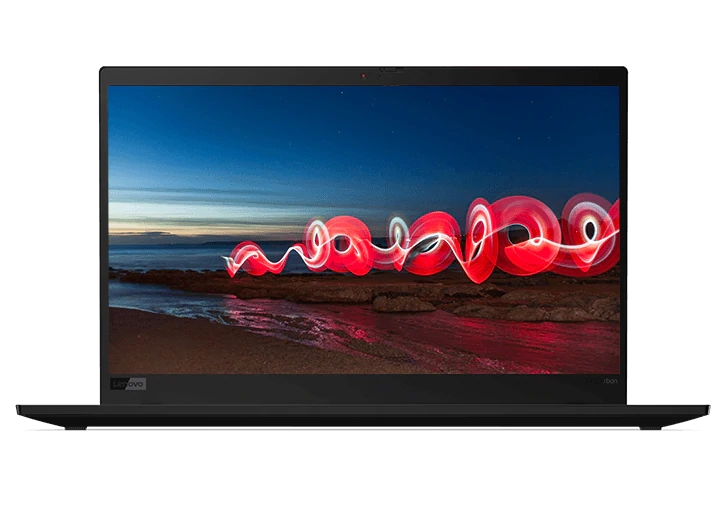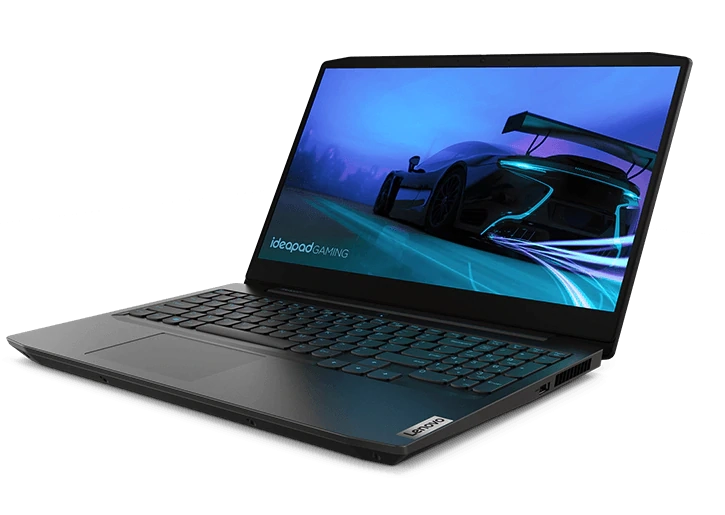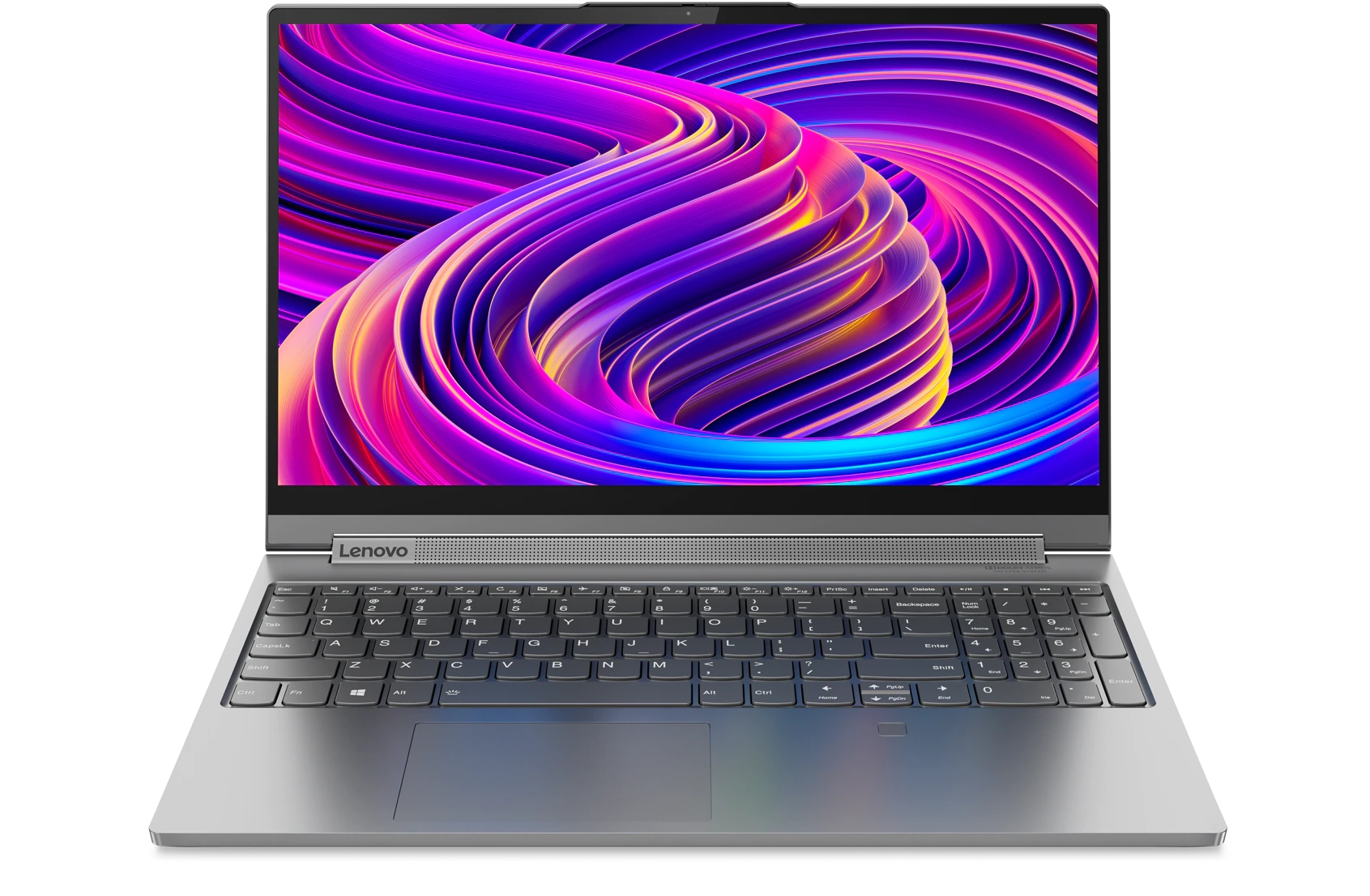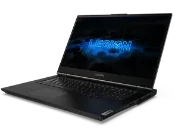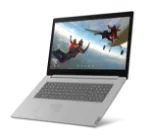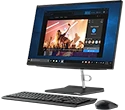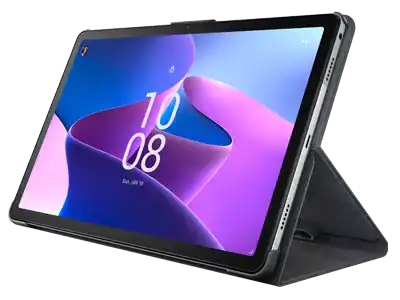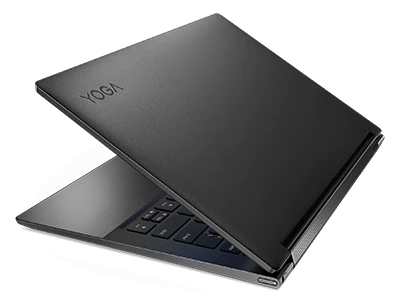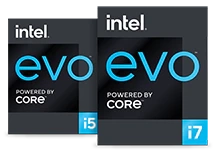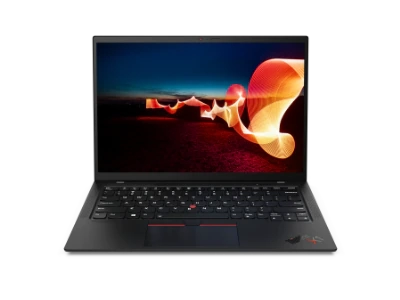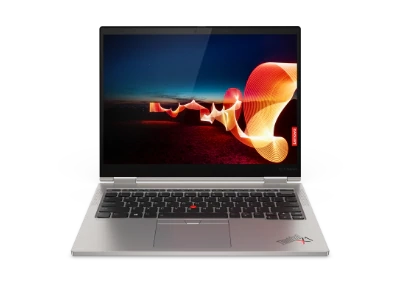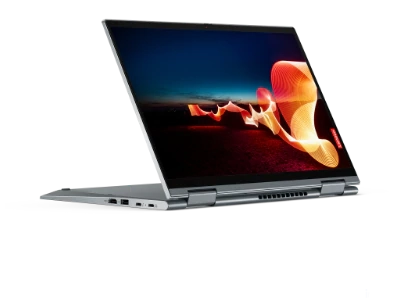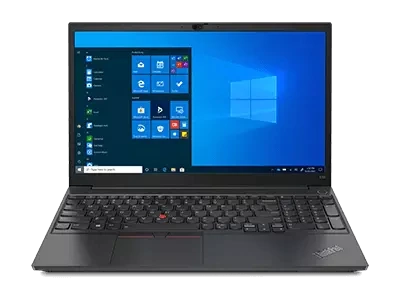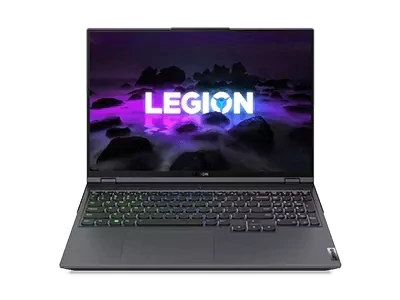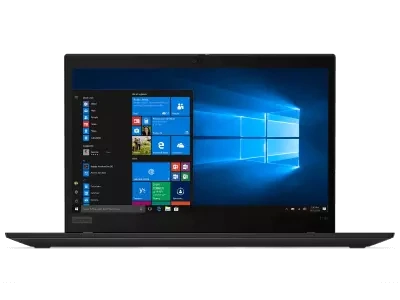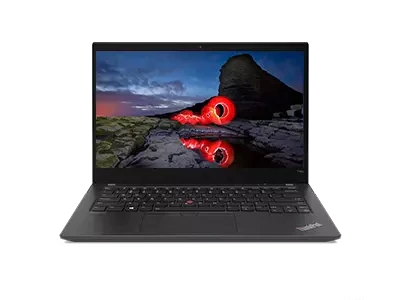Chromebooks vs. Windows Laptops
For years, consumers were limited to just two choices when it came to purchasing a laptop computer: A Mac or a Windows machine. Windows held the bulk of the PC market and had a vast array of applications that were compatible with the platform, while Macs were known for their ease of use and suitability for applications such as design and media production.
These days, though, there’s another option when considering a laptop purchase: the Chromebook. Although Chromebooks were originally billed as a low-cost alternative to Windows laptops, some newer Chromebook models boast the performance (and price tag) comparable to a Windows machine.
The Chrome OS
Chromebooks run the Linux kernel-based Google Chrome operating system, which uses the Chrome web browser as its primary user interface. Most of the activities users perform using a Chromebook take place via the Chrome browser or via the cloud, using Web-based applications rather than software loaded on the machine itself. Although there is a limited amount of storage on a Chromebook, users typically save documents, photos, music and other files to the cloud. The OS also includes features for syncing and storing data across devices, including Android phones and tablets.
Chromebooks come preloaded with a number of applications, including a calculator, a plain text editor, a basic image editor, and a file manager. Thousands more apps are available via the Google Play store
The Chrome OS is extremely stable, with none of the issues that can occur when installing new applications on a laptop running another OS. Because files are stored in the cloud, even if your Chromebook is damaged or stolen you will still be able to access your data.
Because Chromebooks don’t come with a large storage drive or DVD drive, they are typically much thinner and lighter than a Windows laptop. Thanks to their solid-state storage drives and limited functions, Chromebooks boot up faster than PCs built on other operating systems.
Who Will Like the Chrome OS?
Although Chromebooks aren’t for everyone, they do offer several appealing features that make them an option to consider.
Thanks to those Web-based applications and the stability of the Chrome OS, Chromebooks are easy to use, making them attractive for those who may not be tech-savvy. The lightweight Chrome OS and absence of resource-intensive devices such as graphics cards, spinning hard drive and other internal components means a Chromebook boots up in seconds and offers extended battery life, making them a great fit for those working in the field away from a power source. Despite a common (but mistaken) perception that an Internet connection is required to use a Chromebook, users can still read and write Gmail, use their calendar, watch movies, listen to music, work in Google Docs and more even while offline. Still, many of the Chromebook’s most popular features won’t be available unless you’re connected to the Internet.
If you’re the parent of a child in elementary school who needs a computer for remote learning, the Chrome OS can be a great choice. Because the OS is locked down, it’s fairly impervious to issues that can be caused by an inquisitive child exploring a Chromebook’s files. And just as the absence of many of the internal components found on a Windows machine helps with battery life, it also enables a Chromebook to stand up well to rough handling.
Their light weight makes a Chromebook easy to carry for extended periods, making them a perfect fit for students who need to bring their laptop to class or for others on the go. And for those who already rely on Google's popular apps such as Calendar and Gmail, the Chrome OS is optimized for using those products.
Updates to the Chrome OS occur behind the scenes, meaning there’s nothing you need to do to ensure you have the latest version. Because the Chrome OS runs applications in the Chrome browser, they can’t make changes to the rest of the system. In addition, the Chrome OS can’t run .exe files, meaning most malware can’t be installed on Chromebooks. As a result, it’s nearly impossible to get viruses onto your Chromebook, making them a great choice for someone concerned with security.
Chrome OS vs. Windows 10
Although the Chrome and Windows 10 operating systems each have their advantages, there are some clear distinctions between the two.
One of the major differences is in the software each can run. Unlike Windows 10, Chromebooks can’t run third-party software. Everything that runs on a Chromebook comes from the Google Play store. Although that does mean Chromebook software likely runs quicker than a comparable Windows 10 application, making the transition from Windows 10 to the Chrome OS can be difficult if you need to access data created with a legacy Windows program, unless the program is available in a Web-based version. Some popular productivity programs, though, such as Word, Excel and PowerPoint, are available in such versions.
And unlike a Windows 10 machine, Chromebooks can only run the Chrome browser. And of course, the user interface on a Chromebook is different than that of a Windows 10 machine. Although the interface is fairly intuitive and easy to use, there will still be a bit of a learning curve when making the switch from Windows 10 to the Chrome OS.
Advantages of Windows 10 vs. Chrome OS
Although Chromebooks have their place in the computer world and may be perfectly suitable for many users, there are situations where a Windows 10 laptop is the better option.
If you’re a gamer, for example, a Windows 10 gaming machine is the obvious choice. The hardware required for serious gaming, including high-end processors and powerful graphics cards, are only available on Windows machines. In addition, Windows 10 offers a number of features specifically designed for gaming, including Game Mode that prioritizes processor and graphics card resources to your game, and DirectX 12, which produces higher frame rates and reduced latency for breathtaking graphics.
And unless your favorite game is available in a Web-based version or via the Google Play store, you won’t even be able to load the software on a Chromebook.
When it comes to business, Windows 10 machines hold the edge, particularly when equipped with multi-core, multi-thread CPUs that enable extensive multi-tasking. And while Chromebooks are lightweight, the portable Lenovo ThinkPad X Series laptops are a great choice for those who live on the road.
On that note, many productivity applications such as AutoCAD or Statistica are only available in a Windows version. If your livelihood is dependent on one of those programs, a Windows 10 machine is the obvious choice.
Windows is the most popular operating system in the world, so if you’re looking for compatibility with other machines a Windows 10 laptop is the way to go. It’s the same if you run resource-intensive applications such as video editing programs.
Windows 10 laptops are available in customized versions, meaning you can select one designed for your specific needs. And while price is often cited as one of the key advantages of Chromebooks over a Windows 10 laptop, there are several Windows 10 laptops at a price point comparable to many Chromebooks.
The bottom line: If you need an inexpensive laptop for basic tasks such as sending email, editing documents, surfing the Web and watching videos a Chromebook will certainly suffice. But if you’re looking for a powerhouse laptop for gaming or other resource-intensive applications, a Windows 10 laptop is what you need.
Need more assistance in making the choice? Let the experts at Lenovo help!



